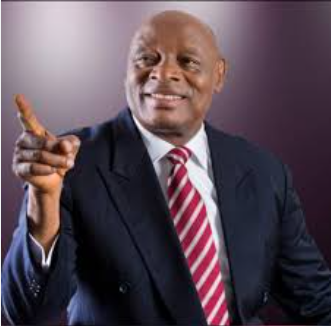By Jemimah Wellington, JKNewsMedia Reporter
IN ORDER to stabilise Guinea Bissau amid political uncertainty, efforts were intensified with the arrival of a joint mission from ECOWAS and the UN Office for West Africa and the Sahel (UNOWAS).
The delegation aims to support the country’s electoral process and foster peace following persistent governance crises.
The ECOWAS Commission confirmed that the mission aligns with directives from the 66th Ordinary Session of the Authority of Heads of State and Government held in Abuja, Nigeria, in December 2024.
The mandate is to facilitate political consensus on the electoral calendar and offer technical support for a successful electoral process.
Leading the mission from 23-28 February 2025 is Ambassador Bagudu Hirse, Nigeria’s former Minister of State for Foreign Affairs.
He is joined by Ambassador Kalilou Traore, Ivorian Ambassador to Nigeria and ECOWAS representative, and Ambassador Babatunde Ajisomo, ECOWAS’s former Representative to Liberia.
Other members include former UN political advisor Cherno Mamoudu Jallow and Senegalese Electoral Commission official Papa Birame Sene.
A technical team led by ECOWAS Resident Representative in Guinea Bissau, Ambassador Ngozi Ukaeje, will provide additional support.
During the visit, the delegation will engage government officials and key political actors to assess the nation’s security and governance challenges.
Guinea Bissau has faced recurrent instability since President Umaro Sissoco Embaló took office in February 2020 following a disputed election.
The Supreme Court resolved the electoral dispute in September 2020, but his tenure has been marred by political conflicts, alleged coup attempts, and the dissolution of parliament.
ECOWAS maintains a military presence in Guinea Bissau to ensure stability.
However, concerns persist over the controversial Supreme Court ruling earlier this month, which scheduled the next presidential election for September 2025.
The court argued that Embaló’s tenure officially began in September 2020, not February 2020 when he was sworn in, raising fresh disputes over the country’s governance timeline.





